Working with contract manufacturers offers numerous advantages, such as cost-effectiveness, specialized expertise, and scalability. Nonetheless, it also introduces certain risks, particularly in terms of maintaining control over sensitive IP. This blog aims to shed light on this subject and provide insights into how you can navigate the complexities of protecting your intellectual property when collaborating with a contract manufacturer.
8 Tips to Protect Your Intellectual Property When Working With a Contract Manufacturer
1. Review and Negotiate Contract Terms
The agreements made between both parties in the contract will determine the level of protection you have for your intellectual property. It’s crucial to thoroughly review every clause and ensure that it adequately safeguards your valuable business assets. You should pay close attention to provisions related to confidentiality, ownership of intellectual property, and non-disclosure agreements.
During the negotiation process, make sure to clearly define what constitutes as intellectual property and establish who will own it. This is essential in protecting your creations or inventions from being misused or stolen. Additionally, consider including clauses that restrict the use of your intellectual property outside of the scope of the agreed-upon project.
Ensure that there are mechanisms in place to enforce compliance with the agreed-upon terms. This may include provisions for dispute resolution, indemnification, and remedies for breach of contract. By having strong legal protection measures incorporated into the contract terms, you can minimize potential risks associated with unauthorized use or disclosure of your intellectual property.
2. Define the Scope of Work
Clearly defining the scope of work helps protect your intellectual property rights and ensures that both parties are on the same page regarding what is expected during the manufacturing process. By doing so, you can safeguard your IP and prevent unauthorized disclosure or use of your proprietary information.
It’s important to outline the manufacturing processes involved in the production of your product. This includes providing detailed specifications for materials used, quality control measures, and special requirements unique to your product. Defining these processes not only ensures that your product will be produced according to your desired specifications but also helps make sure that your IP is only accessed by qualified individuals.
How does the contract manufacturing process work?
3. Establish Ownership of Intellectual Property
Covering aspects such as patent protection, confidentiality agreements, manufacturing processes, and copyright protection allows you to establish a solid foundation for collaboration while minimizing potential risks associated with IP infringement or unauthorized use. IP law enhances your ability to protect your valuable assets throughout the manufacturing process.
If any copyrighted works or intellectual property rights are involved in your product design or marketing material, make sure that their usage is clearly outlined in the contract. Specify how these works can be used by the contract manufacturer while ensuring compliance with legal frameworks governing copyright laws.
Intellectual property protection is essential for any business relying on innovative ideas or creative expressions. Your intellectual property assets are valuable and should be treated as such. By taking proactive steps such as signing an NDA and clarifying patent rights, you can protect yourself against unauthorized use or disclosure of your IP by manufacturing partners or other third parties involved in your supply chain.
4. Implement Confidentiality Provisions
Confidentiality provisions safeguard sensitive information and maintain the secrecy of valuable assets when collaborating with a contract manufacturer. These provisions serve as legal safeguards to protect your intellectual property from being shared or misused by unauthorized parties.
By clearly outlining the expectations and obligations regarding confidentiality in the contract, you can ensure that your trade secrets, proprietary designs, and confidential information are protected. This includes not only technical specifications and design documentation but also discussions or conversations related to the project. It is important to clearly define what constitutes a breach of confidentiality and outline the consequences for such breaches.
5. Consider Non-Disclosure Agreements
When working with a contract manufacturer, it’s crucial to establish ownership of IP rights from the beginning. This can be done through a well-drafted and comprehensive nondisclosure agreement (NDA). Also known as a non-confidentiality agreement, an NDA is a legal document that outlines the terms and conditions under which confidential information can be shared between the parties involved.
It ensures that the contract manufacturer won’t disclose confidential information to third parties or use it for their own benefit without proper authorization. The NDA should clearly outline the ownership rights of all parties involved, including both business partners and manufacturing partners. By establishing ownership upfront, you can protect your valuable IP assets and guarantees that they remain secure.
6. Take Into Consideration Non-Compete Clauses
You can ensure the longevity of your business by including non-compete clauses in your agreement with a contract manufacturer. Non-compete clauses serve as essential IP protection mechanisms. By incorporating these clauses into your contract, you can prevent the manufacturer from using the knowledge gained during your collaboration to compete directly against you.
Non-compete clauses restrict the manufacturer from engaging in activities that may lead to competition with your business. Without such restrictions, the manufacturer could potentially use their knowledge of your products or processes to create similar products and become an external competitor. This could result in significant financial losses for you and even lead to a legal battle over ownership and infringement issues.
Furthermore, non-compete clauses safeguard against indirect competition. With these clauses, you can ensure that the contract manufacturer does not share confidential information or trade secrets with other companies, business owners, or individuals who might become competitors. By imposing restrictions on external competition through employment agreements and contracts, you can maintain control over your intellectual property and minimize the risk of unauthorized disclosure or misuse.
What are the benefits of contract manufacturing?
7. Limit Access to Sensitive Information
By establishing clear frameworks and security policies, along with implementing technical measures, you can safeguard your valuable assets from being compromised. Remember that maintaining control over your confidential data not only ensures the longevity and success of your business but also helps build trust with partners and customers alike.
From a legal standpoint, it’s essential to restrict access to sensitive information. You must establish who within the contract manufacturer’s organization has the necessary clearance and need-to-know basis to access certain data. By outlining these parameters in the contractual agreement, you can protect yourself from the potential misuse or unauthorized sharing of your intellectual property.
It’s also important to implement technical measures that restrict access to sensitive information on a technological level. This can be achieved through password protection, encryption, or other security protocols. By utilizing such measures, you provide an additional layer of protection for your intellectual property and minimize the risk of unauthorized access.
8. Ensure Regular Monitoring and Auditing
Regular monitoring involves actively overseeing the activities of your contract manufacturer to ensure that they’re following all agreed-upon security protocols. This includes conducting regular checks on their systems, processes, and personnel to identify any vulnerabilities or potential risks that could compromise the security of your intellectual property.
In addition, conducting periodic audits allows you to assess whether the protection framework applicable to your sensitive information is being effectively implemented by the contract manufacturer. Audits involve a thorough review of policies, procedures, and controls related to data security and intellectual property protection. They allow you to identify any gaps or areas for improvement and take appropriate actions.
By actively overseeing their activities and periodically assessing their security measures through audits, you can mitigate potential risks associated with protecting your intellectual property. Taking proactive steps in monitoring and auditing will help ensure that your valuable intellectual assets remain secure throughout the collaboration process.
Contract Manufacturing Services
At Alpha Contrat Manufacturing, we specialize in developing business relationships with companies looking to start a new manufacturing project. Our state-of-the-art facilities and technology alongside our intellectual capital guarantee that we can handle the production process from start to finish in a reliable and effective manner. By working with us, you can certify the adequate protection of your IP and copyright rights throughout the entire product lifecycle. Contact us to learn more about how we can transform the way your supply chain operates.







